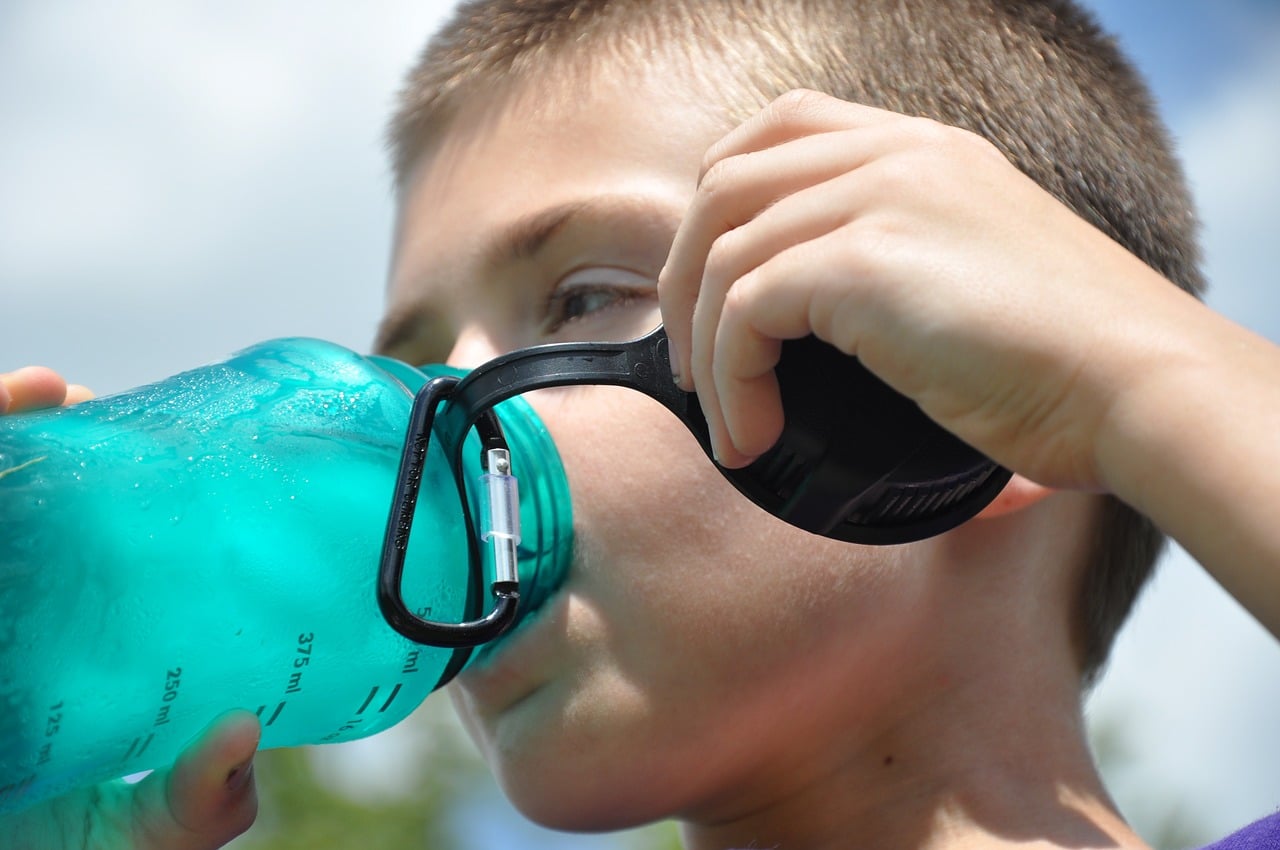If you suffer from overhydration or you are at a potential risk of suffering from it due to high levels of water intake or your body not being able to process water effectively and get rid of it appropriately, it’s important to know what causes this serious condition, as well as the risks that are associated with it.
Drinking too much water can seem harmless and if your body does not allow you to get rid of fluids regularly, that can seem harmless too.
However, there are many causes, symptoms and risks that can be dangerous to your health.
The Causes of Overhydration
It is recommended that one should drink 8 to 12 glasses of water or roughly 78 to 100 ounces per day.
Before deciding on how much you need to consume, you need to consider your age, gender, overall health, as well as your activity level.
Extreme heat conditions, increased activity and having an illness that allows your body’s temperature to fluctuate can all cause you to require more fluid intake.
Symptoms
- Headaches
- Nausea and vomiting
- Disorientation
- Muscle weakness, cramps or spasms
- Unconsciousness
- Coma
- Seizures
Conditions Associated with the Symptoms of Overhydration
While drinking enough water is important, you should try and keep your urine colour pale yellow and increase water intake if it is darker. Your urine should never be colourless. That could be a clear indication of overhydration.
Some medications and conditions can also cause your body to hold onto fluids. These conditions include liver disease, kidney problems, diabetes, congestive heart failure, consuming antidiuretics or nonsteroidal anti-inflammatory drugs and more.
Athletes are usually at risk of this type of condition as they tend to drink a lot more water than the general person.
Who is Prone to the Risk of Overhydration?
- Endurance cyclists
- Hikers
- Military members
- Professional rowers
- Ironman triathletes
- People who run marathons
- People with kidney or liver disease
- People with heart failure






